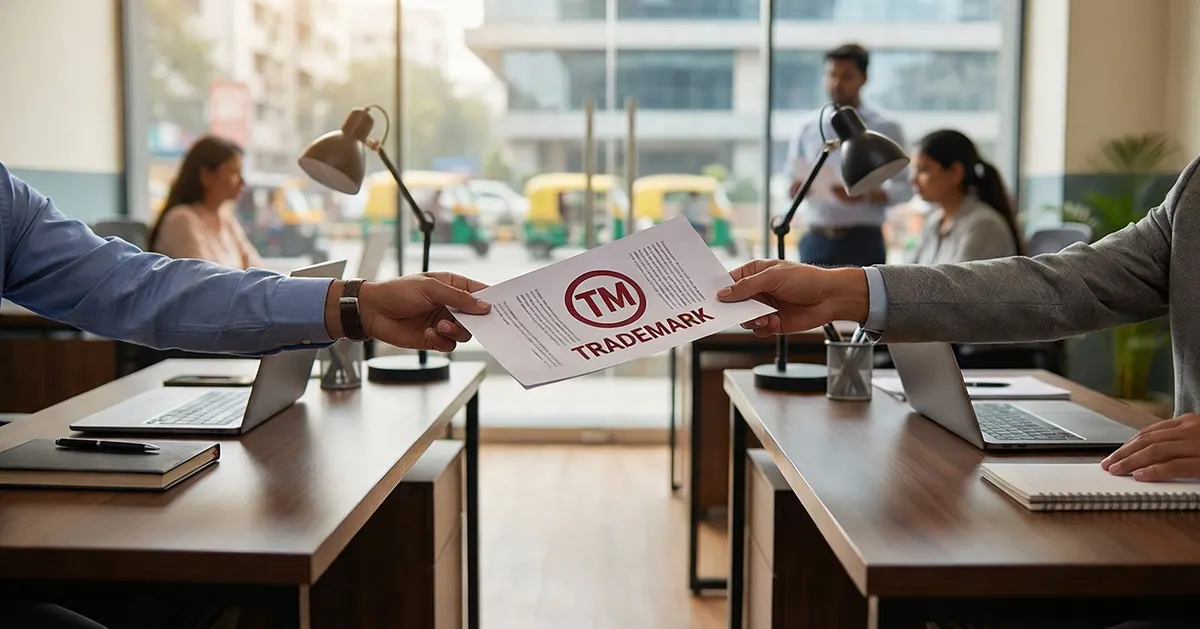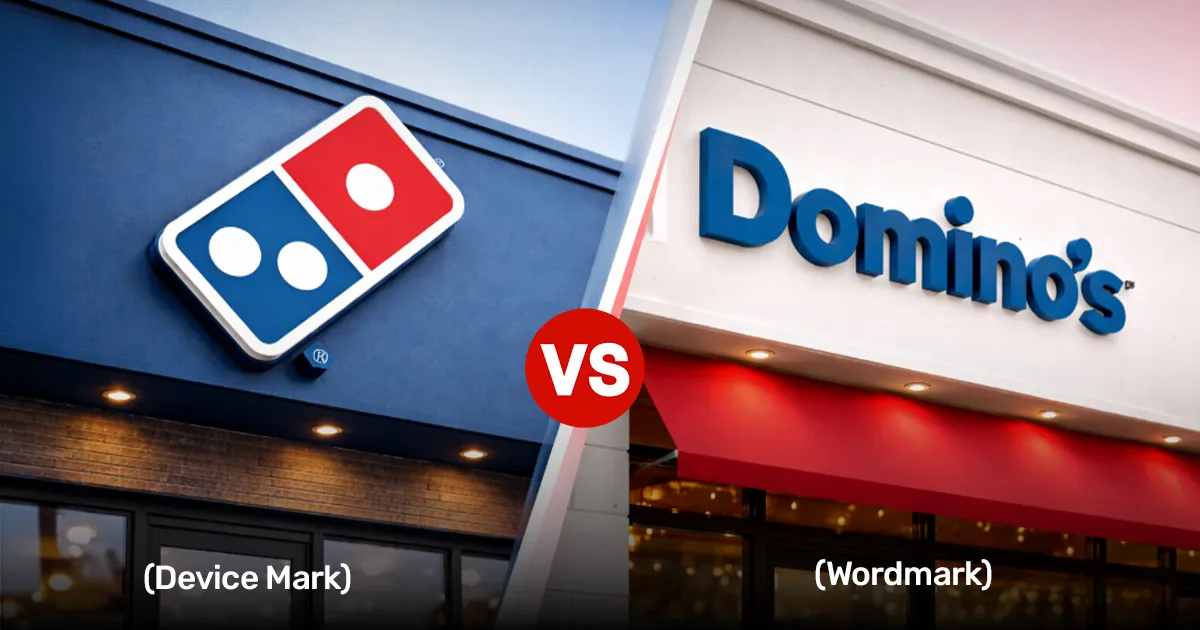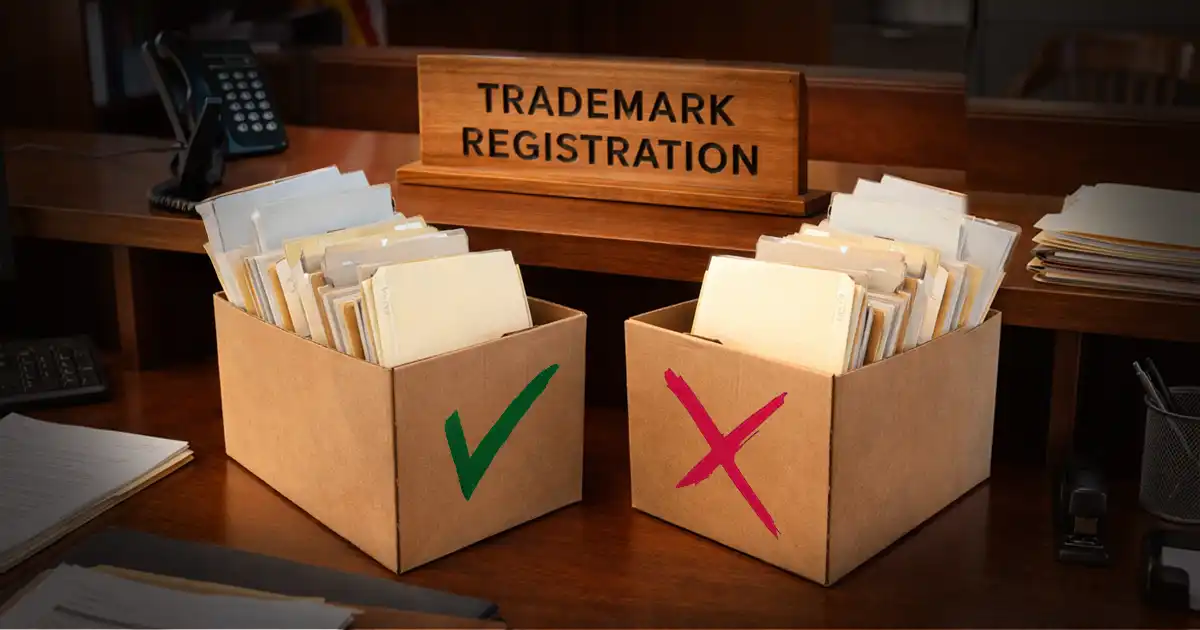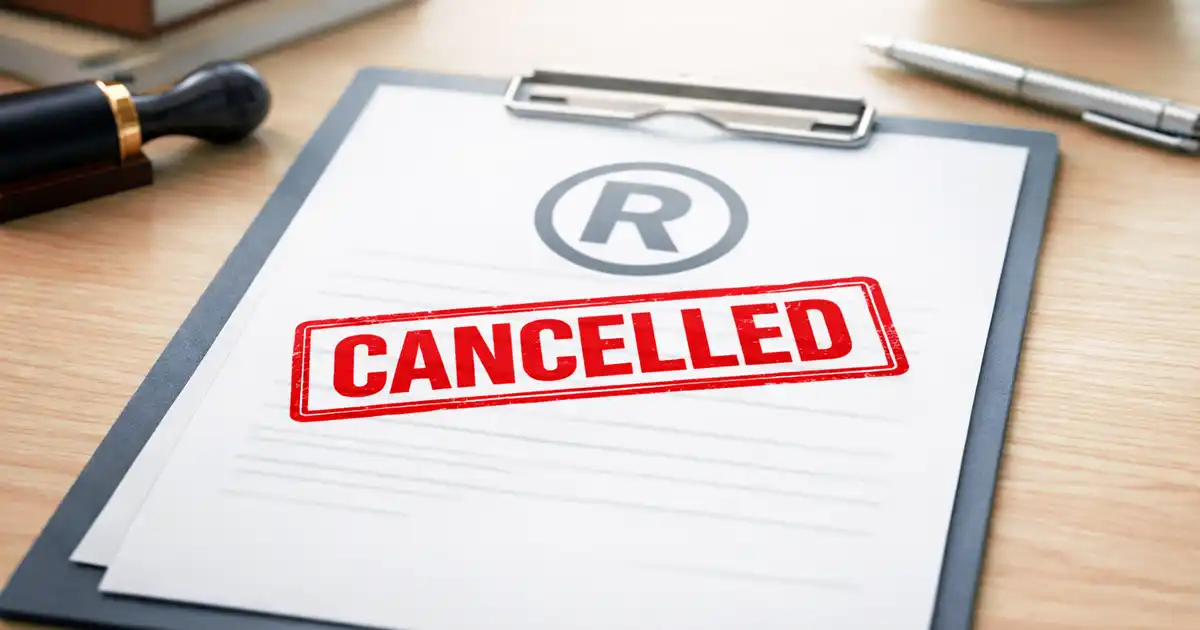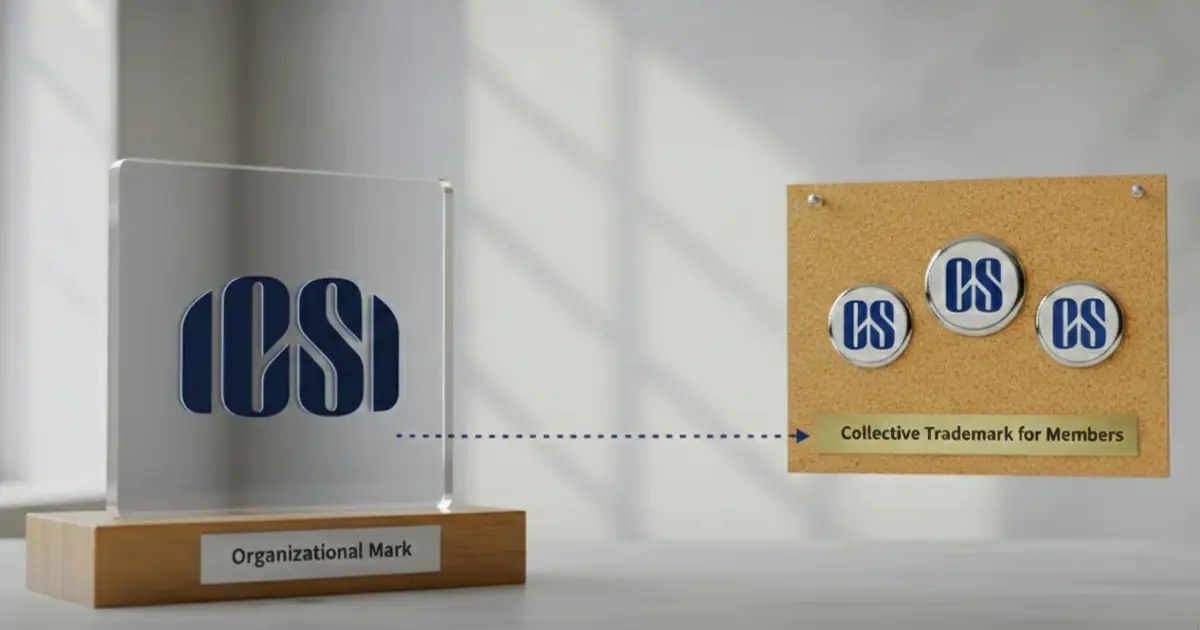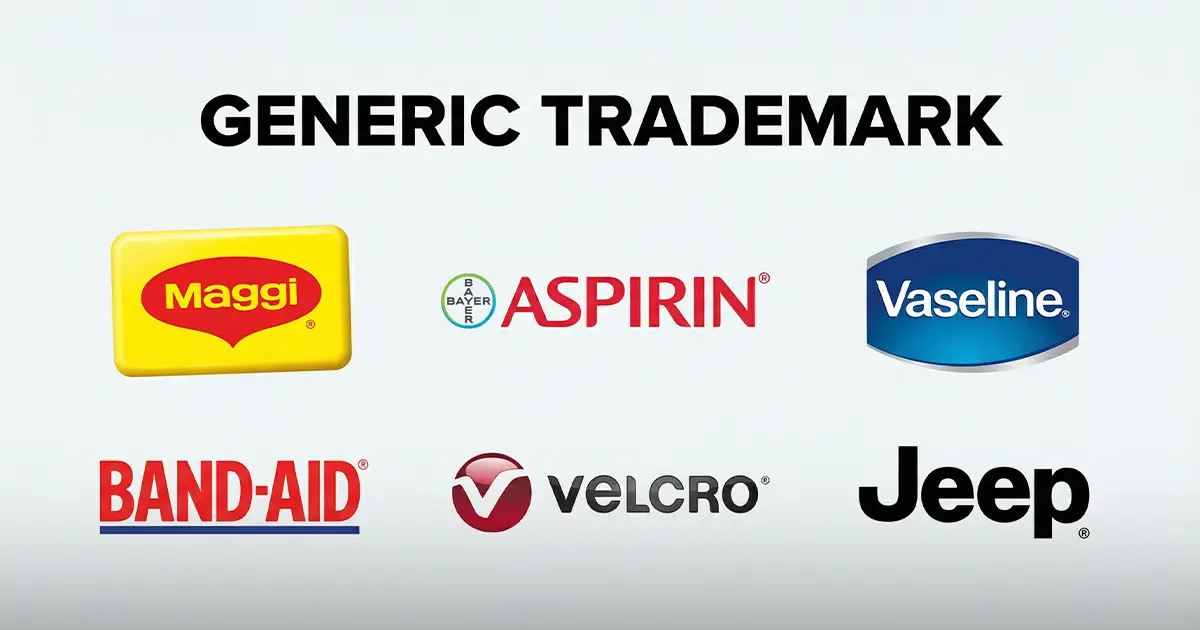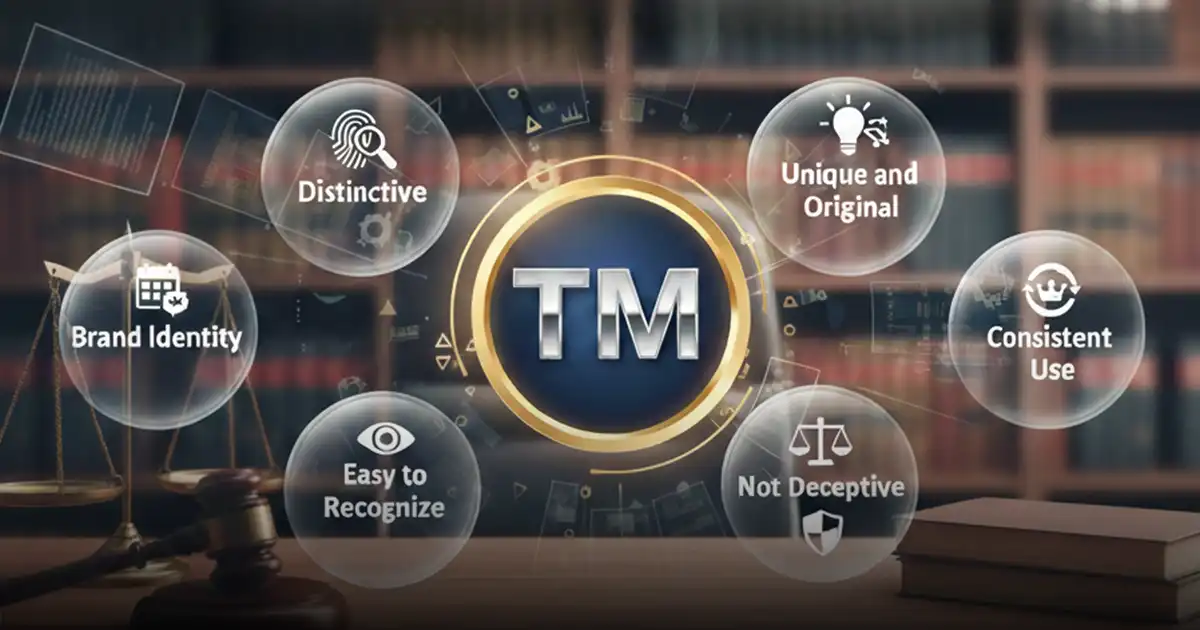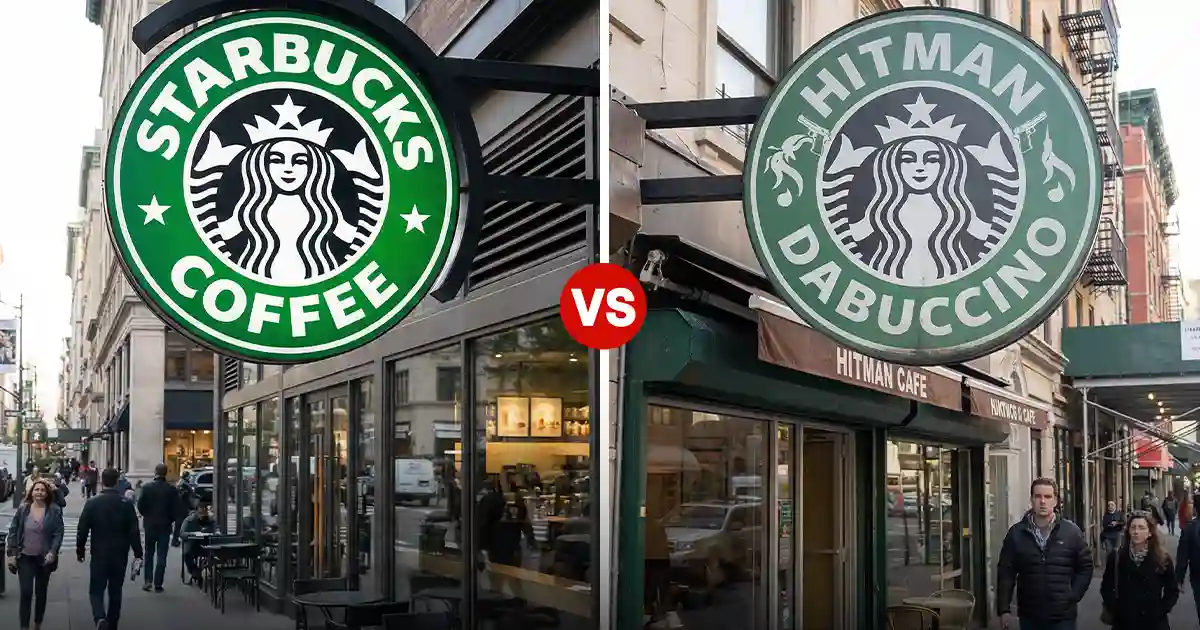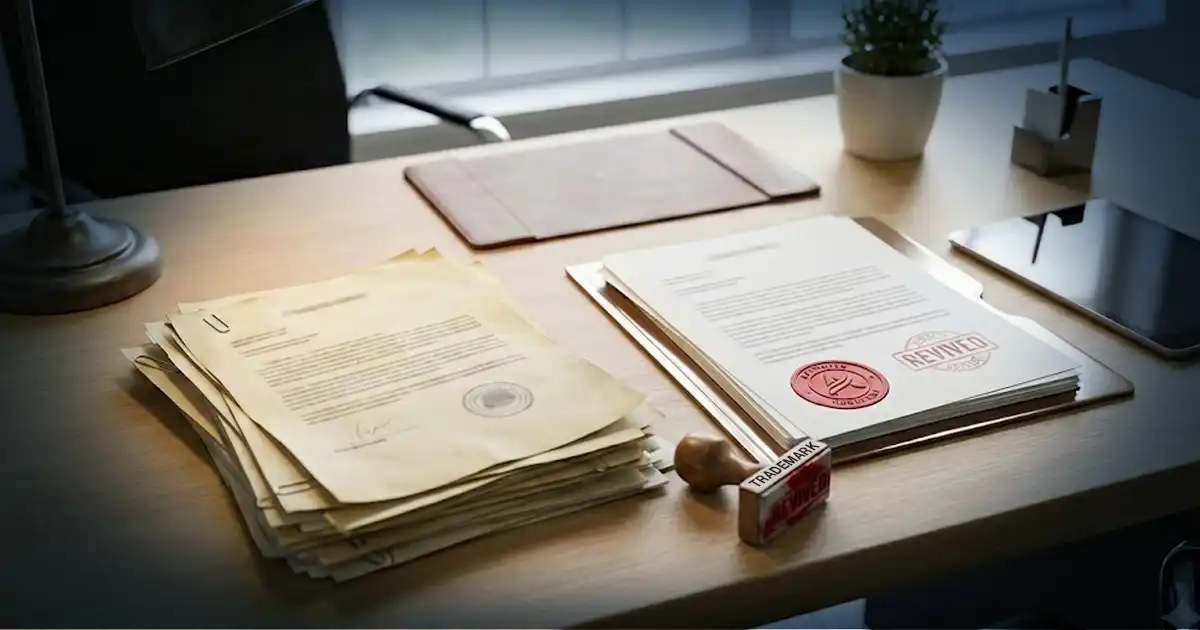A trademark objection reply is a formal written response to the Trademark Registry. It is submitted when an examiner raises an objection against your trademark application during its review. This objection, issued under Section 9 or Section 11 of the Indian Trade Marks Act, 1999, may arise due to reasons such as a lack of distinctiveness or incorrect documentation.
The reply must address each point of objection with legal reasoning, relevant case laws, and evidence showing that the mark is distinctive and eligible for registration. A timely and well-drafted reply can help overcome the objection and move the application toward registration.
Trademark Examination Report
The Examination Report is the official document from the Trademark Registry that outlines the specific reasons for the trademark objection. It will cite relevant sections of the Trade Marks Act, 1999, under which the objections are raised.
Understanding this report is the first crucial step in drafting a compelling response.
Here’s what you need to know about the Examination Report:
- Official Communication: This report is the formal way the Trademark Examiner communicates their findings after reviewing your application.
- Detailed Objections: It lists every single reason why your trademark application cannot be accepted for registration in its current form.
- Legal Basis: Each objection will clearly state the specific section(s) of the Trade Marks Act, 1999, that your application is deemed to violate (e.g., Section 9 for non-distinctiveness, Section 11 for similarity to existing marks).
- Search Report Attached: Often, the Examination Report includes a "Search Report" as an annexure. This document lists all existing trademarks that the examiner found similar or identical to your proposed mark, which are the basis for Section 11 objections.
- Crucial for Reply: You must thoroughly read and understand every point in this report. Your entire trademark objection reply will be structured around rebutting these specific objections.
- Online Availability: Once issued, the Examination Report is uploaded to the IP India online portal, and you can access it using your trademark application number.


